Triclabend 250 (Triclabendazole)
Price range: $55.00 through $145.00
| Mg | No-of-tablets | Price | Quantity | |
|---|---|---|---|---|
| 250 Mg | 28 Pills | Original price was: $150.00.$55.00Current price is: $55.00. | ||
| 250 Mg | 56 Pills | Original price was: $300.00.$100.00Current price is: $100.00. | ||
| 250 Mg | 84 Pills | Original price was: $350.00.$135.00Current price is: $135.00. | ||
| 250 Mg | 100 PILLS | Original price was: $200.00.$145.00Current price is: $145.00. |
Overview:
If you’ve been prescribed Triclabend 250 (Triclabendazole), chances are you’re dealing with a parasitic infection that most people have never even heard of — fascioliasis. This condition, caused by liver flukes, can lead to serious health issues if left untreated.
In this guide, we’ll break down everything you need to know about Triclabend 250, from how it works to dosage, side effects, and important safety tips — all in a clear, reader-friendly way.
What is Triclabend 250 (Triclabendazole)?
Triclabend 250 (Triclabendazole) is a highly effective, WHO-approved medication for fascioliasis, capable of eliminating both immature and adult liver flukes. While it offers a quick and targeted cure, it should only be taken under medical supervision to ensure proper dosage, minimize side effects, and monitor liver health.
Triclabendazole 250 mg is an anthelmintic medication specifically designed to treat fascioliasis (liver fluke infection) in both adults and children. Unlike many other antiparasitic drugs, it is highly selective for Fasciola hepatica and Fasciola gigantica, which invade the liver and bile ducts.
If you suspect you have a liver fluke infection or have been exposed to contaminated water or raw aquatic plants, consult your doctor promptly for diagnosis and treatment options.
- Drug Class: Anthelmintic (flukicide)
- Strength: 250 mg per tablet
- Prescription Status: Prescription-only in most countries
- Approved by the World Health Organization (WHO) for human use in fascioliasis treatment
Key Fact: According to the WHO, Triclabendazole is the only recommended first-line treatment for fascioliasis in humans.
How Triclabend 250 Works in the Body?
Triclabendazole works by binding to the parasite’s tubulin, disrupting its ability to maintain its structure and absorb nutrients. This leads to paralysis and eventual death of the flukes, which are then eliminated through the bile ducts.
Unlike other antiparasitic medications, Triclabendazole is effective against both immature and adult stages of the liver fluke, making it a complete treatment in just one or two doses.
Uses of Triclabend 250
The primary and most well-known use of Triclabend 250 is the treatment of:
- Fascioliasis – Caused by F. hepatica or F. gigantica
- May be used in human paragonimiasis (lung fluke infection) in certain cases, as per the physician’s discretion
Dosage Guidelines for Triclabend 250
Always follow your doctor’s prescription — do not self-medicate.
Typical adult dosage for fascioliasis:
- Children: Same dosage as adults, adjusted for body weight
- Tablets are usually taken with food to enhance absorption
Side Effects
Like all medicines, Triclabendazole can cause side effects, though not everyone experiences them. Most are mild and temporary.
Common side effects:
- Abdominal pain
- Nausea or vomiting
- Headache
- Dizziness
- Fatigue
Rare but serious side effects:
- Allergic reactions (rash, swelling, difficulty breathing)
- Abnormal liver function test results
Important: If you notice severe allergic symptoms or jaundice (yellowing of skin/eyes), seek immediate medical attention.
Drug Interactions
Triclabendazole may interact with:
- CYP450 enzyme-inducing drugs (like rifampicin)
- Certain antimalarials and antibiotics
- Alcohol — may worsen liver strain
Precautions Before Taking Triclabend 250
You should inform your doctor if you:
- Have liver disease or gallbladder problems
- Are you pregnant or breastfeeding
- Have a history of drug allergies
- Are you taking other medications (to avoid interactions)
The WHO advises that Triclabendazole can be used during pregnancy only if the benefits outweigh the risks.
Storage
- Store at room temperature (15°C–30°C)
- Keep away from moisture and direct sunlight
- Keep out of reach of children
FAQs
1. What infections does Triclabend 250 treat?
It mainly treats fascioliasis (liver fluke infection) and, in rare cases, lung fluke infections under medical supervision.
2. How quickly does Triclabendazole work?
Most people see improvement within a few days, but the parasite is usually eliminated in 1–2 weeks.
3. Can I drink alcohol while on Triclabend 250?
It’s best to avoid alcohol during treatment to reduce liver strain.
4. Is Triclabendazole safe for children?
Yes, it is safe for children in correct weight-based doses, as approved by WHO.
5. Do I need a follow-up after treatment?
Yes, your doctor may recommend stool or blood tests to confirm that the infection is cleared.
6. Can I take Triclabend 250 if I’m pregnant?
Upon assessment of risks and benefits, you should only take this medication if your doctor prescribes it.
Is Triclabendazole available over the counter?
No, it is a prescription-only medication in most countries.
| Indication | Worms Infection |
|---|---|
| Manufacturer | Kachhela |
| Packaging | 4 Pills in 1 Strip |
| Strength | 250 mg |
| Time-delivery | 6 to 15 Days |


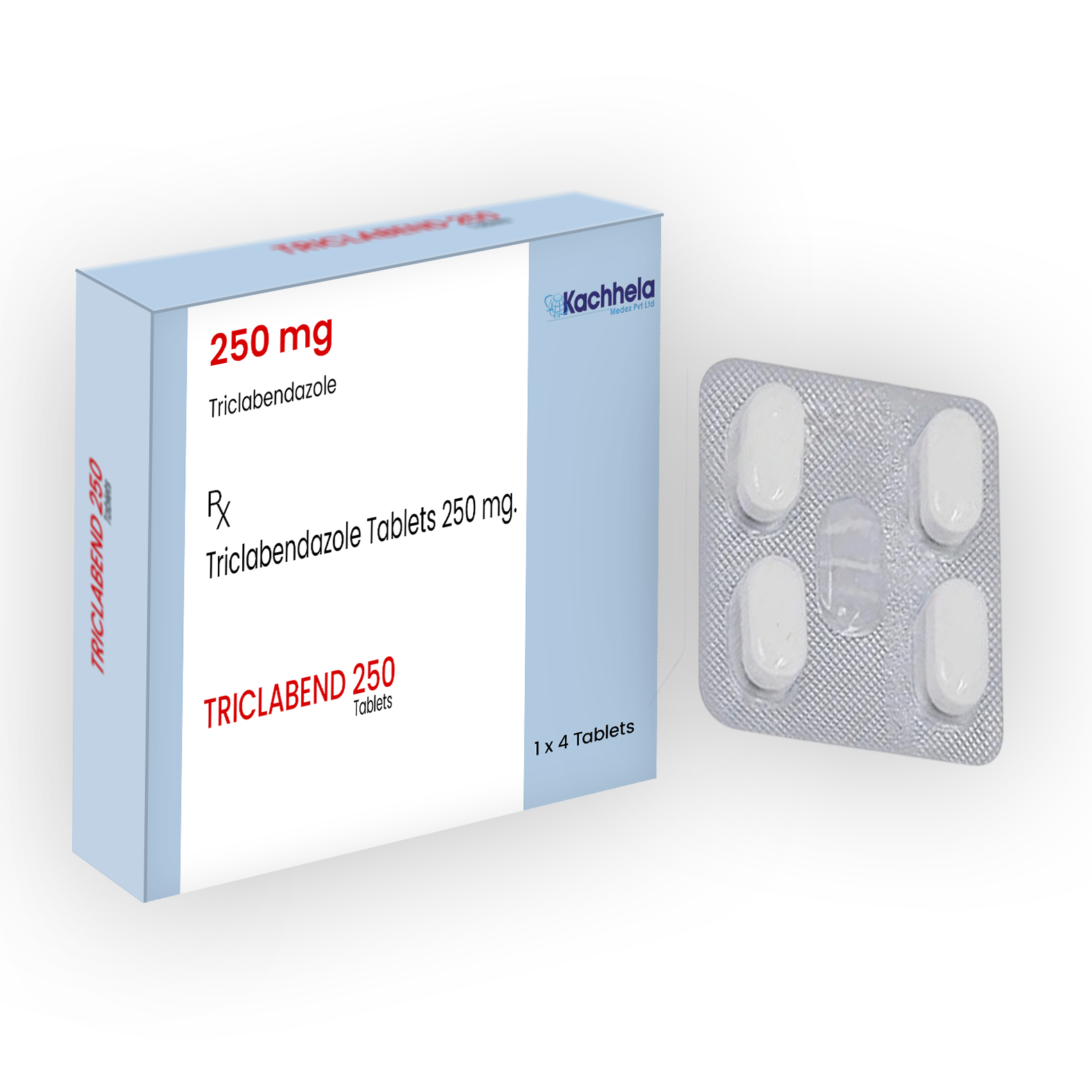
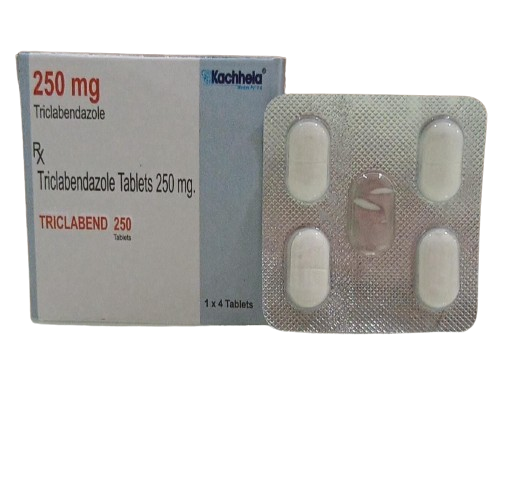
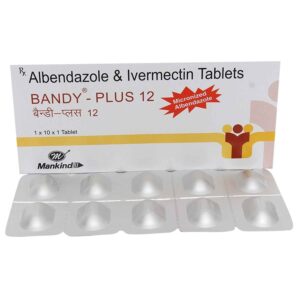
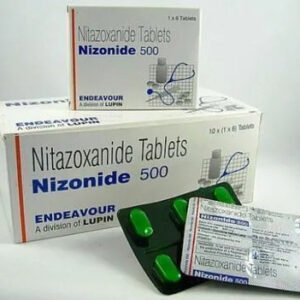
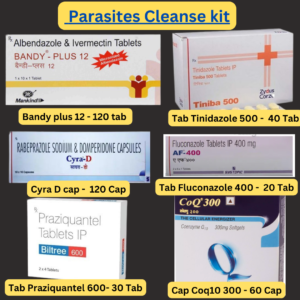
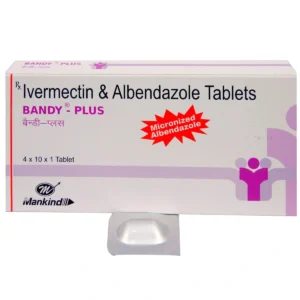

Alfredo –
It was truly amazing. I will be buying from here again. You have strong customer service.